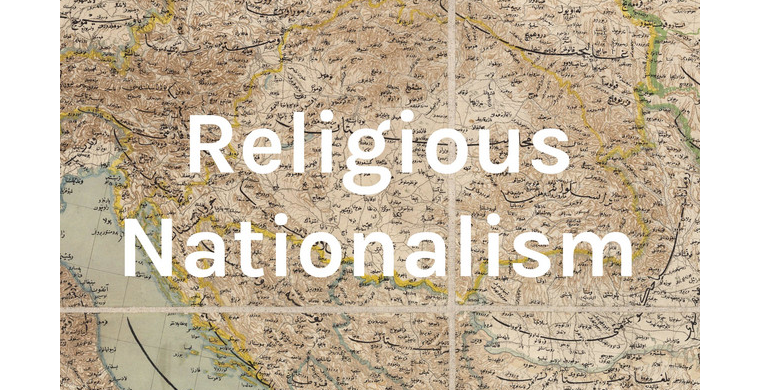Toxic Mix of Religion and Nationalism Responsible for Religious Persecution
Lambeth needs to work on the whole relationship of religion and identity
By Vinay Samuel
Special to Virtueonline
www.virtueonline.org
July 31, 2022
A crucial issue which Lambeth has so far not addressed: the potentially toxic mix of religion and nationalism in today's world.
This is responsible for example much of the religious persecution people experience in Pakistan, Nigeria, India, and China for example, which is also fuelling the Russian incursion into Ukraine. The idea is being promoted that a people's culture and state can be fully defined by religion. We see this in India with the Hindutva movement and in Pakistan with Islam. Therefore, if a group of people have a religion that is not recognized as valid in representing their country, they are treated as aliens and foreigners whom the country would be better off without. A minority express this in violent persecution of Christians and this is winked at by the majority who feel uncomfortable with this alien religious group in their midst.
The blend of religion and nationalism is not necessarily or even mostly bad. It all depends on what is the religion in question and how the two are mixed. The combination of religion and national identity on balance can be, and often is, a very healthy alternative, especially when the alternative is secular nationalism or the dissolution of all ethno-religious or national identity in the acid bath of global consumerist cosmopolitanism. Polish nationalism, for example, particularly insofar as it is Catholic, is a very healthy, and a very necessary counterweight to the secular blob of Euro-cosmopolitanism. And it is a healthy bulwark against the Islamification of Europe.
Lambeth needs to work on the whole relationship of religion and identity and explore why religion is important to people. This needs to shape our Anglican identity. Our identity is not just as a community, as Rowan Williams argued. We have a religious identity. But we must express this appropriately. Some Anglicans and those in the countries we are part of think that our religious identity as Anglicans means we are there to convert people. This prompts 'anti-conversion laws' in countries such as India and Nepal. Rather our Anglican identity and heritage shows, that for example as the English church, the Church of England, we play a role and contribute a Christian vision of a flourishing society without seeking that all should therefore become Christians.
It is this vision of a flourishing society resourced by a coherent, integrated Christian theology of humanity, community and family that the Anglican church in a country can contribute to the discussion of the relationship between religion and human dignity and national flourishing; to the discussions of inter-faith and ecumenical relationships; to addressing climate change, sustainable development, and reconciliation.
Canon Dr Vinay Samuel (Former EFAC General Secretary, Participant in Lambeth 1988 and 1998)














